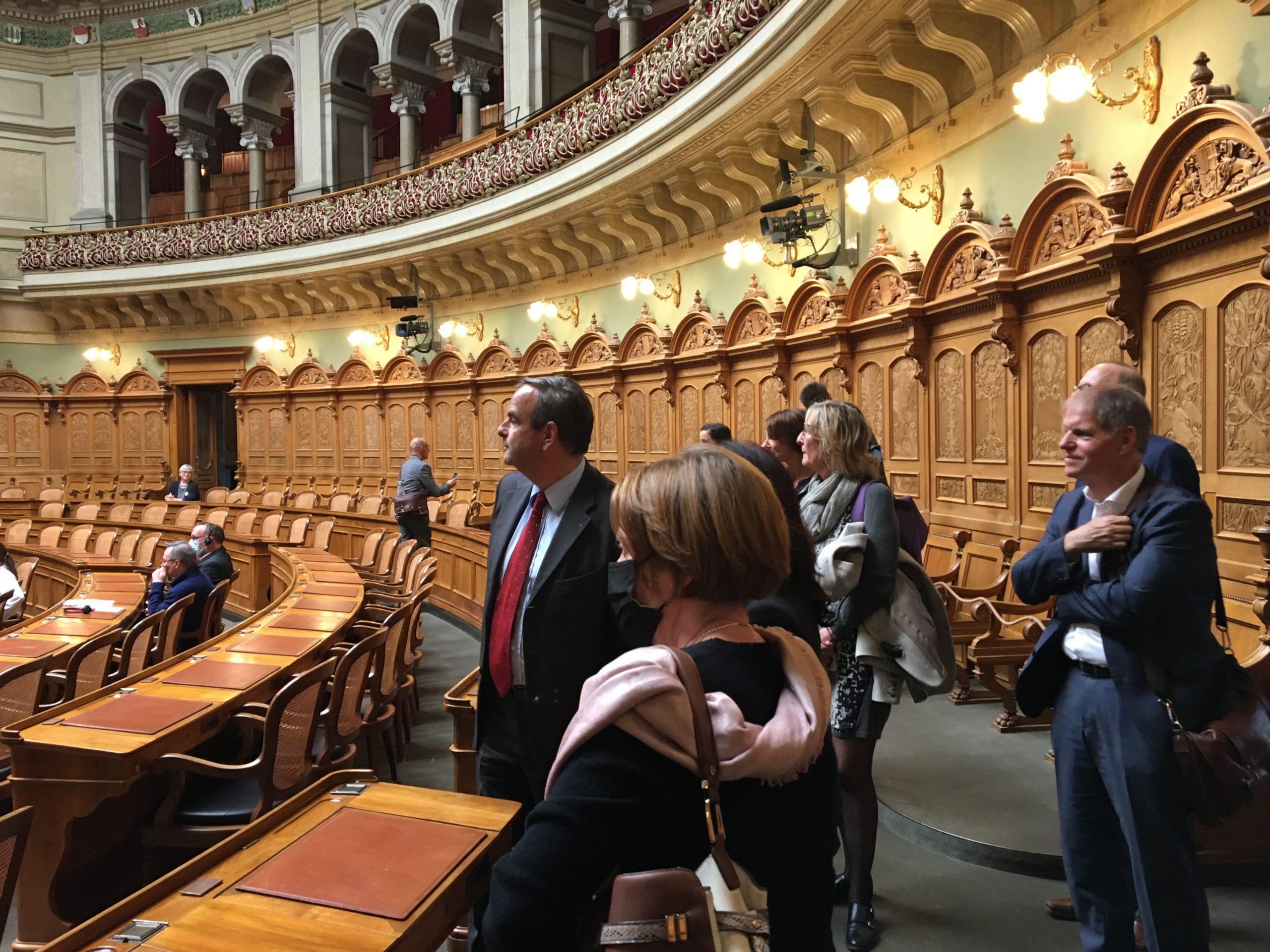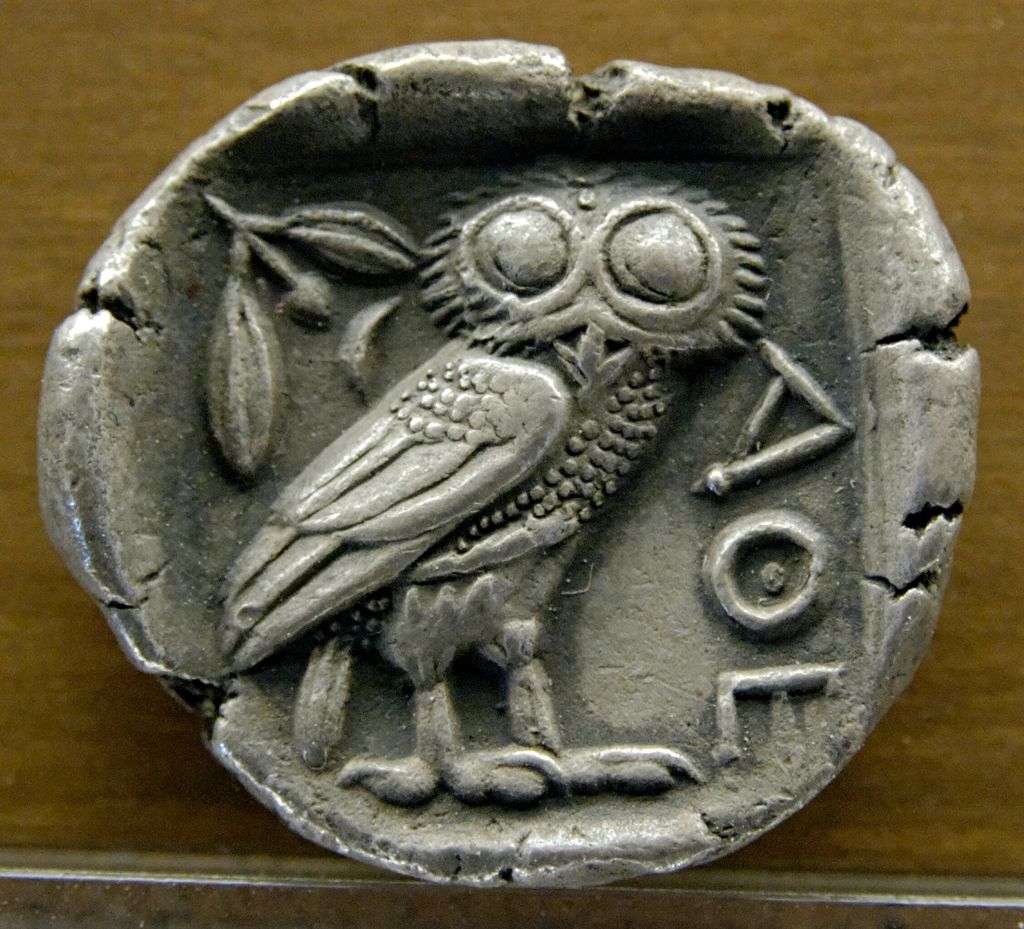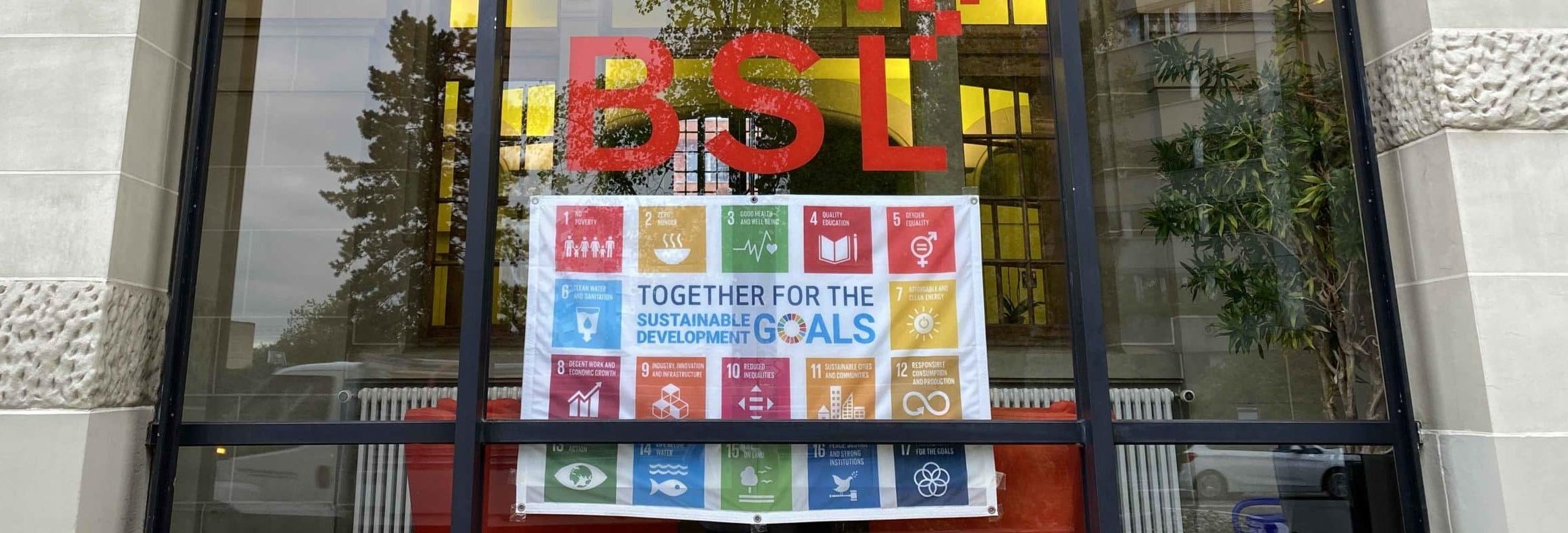A recent example of democracy in Switzerland: the vote on selling alcohol at Migros

Democracy in Swiss political life
Switzerland has a strong reputation worldwide for its democratic political system at different levels: federal, cantonal and communal.
Swiss citizens elect their representatives in the Parliament at the federal level (the parliament elects the executive power – the Federal Council). They elect the Parliament and the government at the cantonal and communal levels. In addition, they vote several times a year to decide on a wide variety of topics (social, economic, etc.). This is the so-called direct democracy.
Democracy in Cooperatives
It is probably less known that there are more than 8’000 cooperatives in Switzerland and that some of them are very big companies, such as the Raiffeisen banks or Migros, and that the cooperators have a real power in them.
A recent example, largely commented in the media, was a vote regarding the possibility for Migros to sell alcohol in their supermarkets.
The Early Days of Migros
Founded on 11 August 1925 by Gottlied Duttweiler, Migros started its operations with trucks going from place to place to sell a small range of basic items sold at a low price to make them available to everyone. Attacked by competitors because of these lower prices and boycotted by many furnishers, Migros had to start producing an important part of what they sold, and it is still the case nowadays.
In 1928, Migros decided not to sell alcohol in their shops. Duttweiler took this decision in relation with the then social context: many workers had serious problems with the consumption of alcohol and that had a dramatic effect on household budgets. 1)
A Clear Decision on a Controversial Question
The current structure of Migros is quite complex: it is the federation of ten regional cooperatives. There are slightly more than two million cooperators in total and they vote on the accounts and the discharge of the administration every year. Sometimes, they have to vote on other topics too. Each cooperative vote separately.
This year, there were three votes.
The audited accounts were approved and the discharge given to the administration by more than 90 % of the voters in each cooperative. The possibility to vote electronically in the future was approved by all cooperatives with more than 70 % of acceptance in each one.
The debates within Migros and in the media this year were almost exclusively focused on the third topic submitted: will Migros be allowed to sell alcohol in their shops and supermarkets?
The current president of the federation, Mr. Fabrice Zumbrunnen, was in favor of selling alcohol, stating that the situation had changed since the 1920s. In addition, this would allow a one stop shopping experience, saving consumers’ time. Some of the former presidents were in favor of the change; other were against it. Seven regional cooperatives recommended accepting the sale of alcohol, whereas three left free choice to the cooperators.
632’413 people participated in the vote (a participation rate of 29 %).
The result was extremely clear.
All the cooperatives rejected the proposal with significant differences according to the regions, a typical Swiss feature. The rejection was stronger in the German-speaking part of the country, with a maximum rate of 80.3 % in Zurich, than in the French and Italian-speaking part (the lowest rejection rate of 55.3 % occurred in Ticino). Ticino and Western Switzerland are by the way the main wine-growing areas! 2)
This result was received extremely positively by the NGO Addiction Suisse, according to which the 900 shops or supermarkets of Migros are a preserved space for the 250’000 people addicted to alcohol and the numerous people who were able to get out of this dependency.
Conclusion
I want to express a few personal comments as a conclusion:
- I was impressed to see how strongly the decision of Migros not to sell alcohol is part of its DNA among the Swiss population.
- I was also impressed to see how clearly people rejected the proposition in spite of the recommendation of Migros regional cooperatives.
- I appreciated the way the decision was accepted by Migros.
This example shows how deeply the values of democracy are anchored among the Swiss population. The decision of the majority is accepted without discussion in the political field as well as in the cooperatives, even when the decision of citizens create setbacks for the parliament or the government. To respect the decision may seem obvious, but it is not always the case unfortunately, even in countries generally considered as democracies.
Switzerland is obviously not immune to anti-democratic movements either, hence the importance of transmitting democratic values within our educational system.
Notes:
- A comprehensive history of Migros was written by Alfred A. Häsler and published in German, French and Italian in 1985. The 455’000 copies of the book were sent to the cooperators as a gift. A copy in French is available in BSL’s library.
- The detailed results of the votes can be found here: https://corporate.migros.ch/fr/medias/communiques/show/news/communiques/2022/alkohol-abstimmung-resultate~id=e628a4d6-11f0-4fc9-9ab1-ae1b6e540a0d~.html
Other posts

Discover the Story of Mina, the AI of Lemania

Climate Change: Why We Shouldn’t Be Discouraged Despite Trump’s Return to Power

We are not condemned to choose between happiness and ecology

When the vocational training is just a first step

Writing by hand helps you remember, or the proper use of tablets

Ovomaltine, Rolex, Nescafé, Swatch or Nagra. What do they all have in common?
